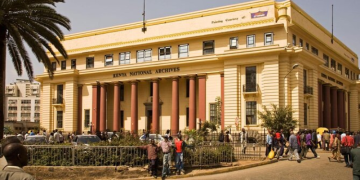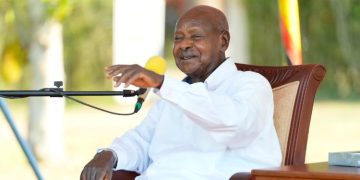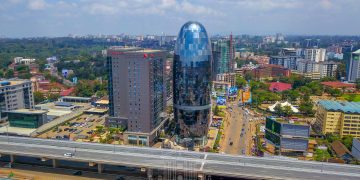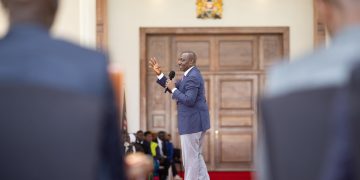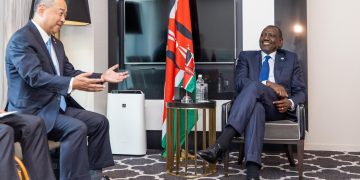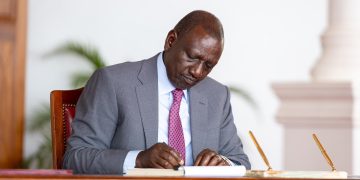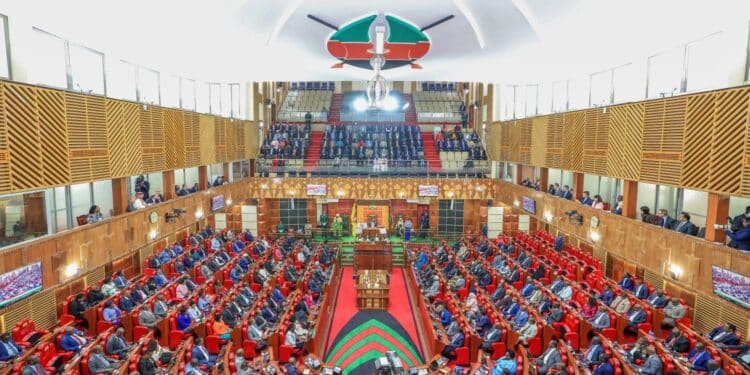The Independent Electoral and Boundaries Commission (IEBC) has clarified on reports circulating online claiming it has received close to 60 recall petitions targeting Members of Parliament.
A viral post alleged that “IEBC confirmed that as of today, close to 60 recall petitions had been received from citizens accusing their MPs of failing to represent their interests.” But the Commission has labeled the statement “FAKE.”
IEBC said it had not received the number of petitions claimed and warned the public against spreading misinformation.
Kenya’s recall process is governed by strict legal provisions under the Elections Act, including specific grounds, documentation, and verification thresholds before a petition can be considered valid.
Legal Grounds for Recall
Recall of elected leaders in Kenya is rare due to the high legal bar, which includes proving gross misconduct, collecting signatures from a certain percentage of registered voters in a constituency, and approval by both IEBC and the High Court.
Also Read: Judiciary Responds After Mothers Threaten to Undress Over Ksh100K Bail
Under Article 104 of the Constitution and Sections 45 through 48 of the Elections Act, 2011, an MP can only be recalled under specific conditions and only after a minimum of two years in office.
An MP may be subject to recall on any of the following grounds:
- Violation of Chapter Six of the Constitution, which deals with leadership and integrity,
- Gross misconduct
- Physical or mental incapacity to perform their duties.
However, an MP cannot be recalled within the first two years of their term or within the last 12 months before the next general election.
Step-by-Step Recall Procedure
Filing the Petition
A registered voter from the MP’s constituency must initiate the process by submitting a petition to the Independent Electoral and Boundaries Commission (IEBC).
Signature Collection
The petitioner must gather supporting signatures from at least 30% of registered voters in the constituency, including representation from at least half of the constituency’s wards.
Verification by IEBC
IEBC verifies the authenticity of the signatures and confirms that the petition meets the legal threshold and is based on valid grounds.
High Court Determination
If the IEBC is satisfied, it refers the matter to the High Court to determine whether the MP has indeed violated the Constitution or committed any of the alleged infractions.
Also Read: IEBC Denies Claims of Mass Voter Registration in North Eastern
Recall By-Election
If the court rules in favor of the petition, the IEBC proceeds to declare a recall election. Constituents then vote to either retain or remove the MP.
Outcome of the Vote
A majority vote in favor of recall leads to the MP losing their seat. Otherwise, the MP remains in office.
Though the recall process exists in law, it is rarely pursued to completion due to the high burden of proof, logistical demands, and legal safeguards intended to prevent abuse for political reasons.
By-Elections for Vacant Seats
Addressing the media on July 19, 2025, IEBC Chairperson Erastus Ethekon said the commission will announce the by-election timelines from next week
“Regarding the upcoming by-elections, we will brief the country on the details, including timelines, starting next week and in the coming months,” Erastus Ethekon said.
The move aims to restore the constitutional right to representation in areas affected by vacant seats.
The commission will be tasked with conducting by-elections in more than 16 constituencies.
At least 14 electoral areas require by-elections for members of the National Assembly, including seven ward seats left vacant due to the deaths of elected representatives.
Follow our WhatsApp Channel and X Account for real-time news updates.


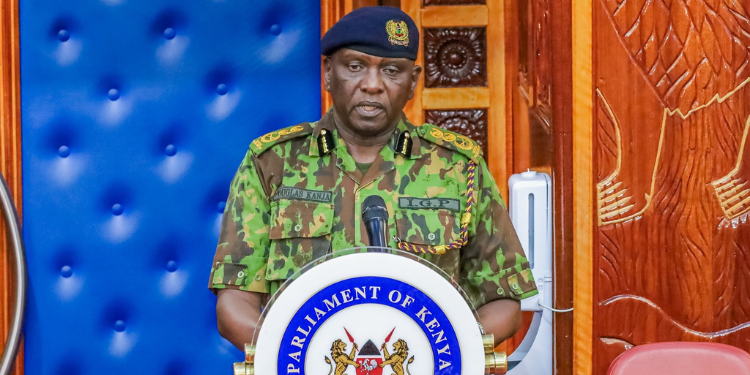


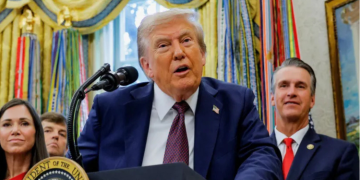

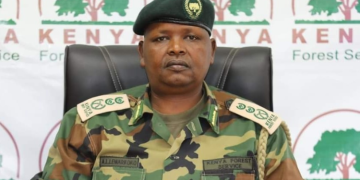

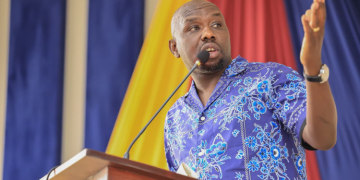
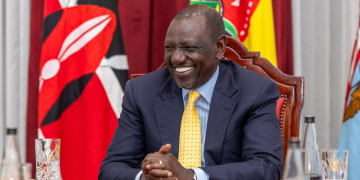












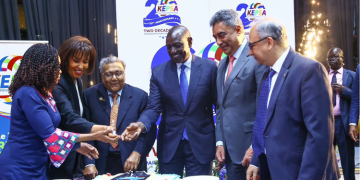






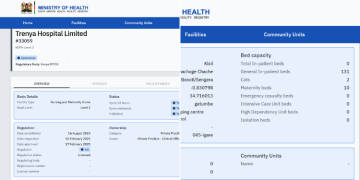

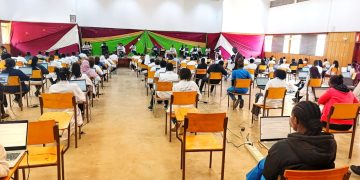



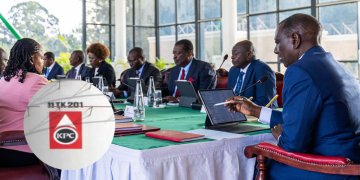
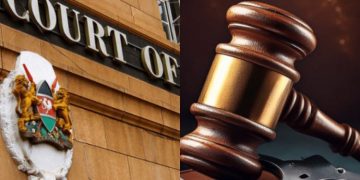




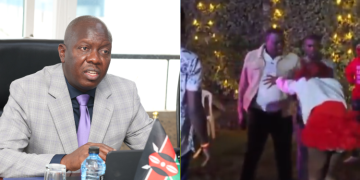
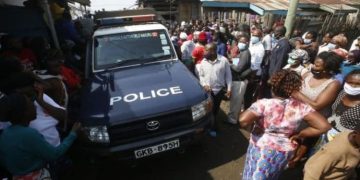

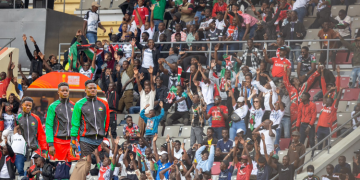





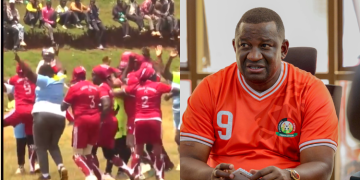


![Ntv Anchors Bring Village To Standstill With Heartwarming Birthday Party [Photos] A Photo Of Ntv Swahili Anchors Lofty Matambo And Fridah Mwaka During Their Birthday Celebration In Kilifi County Photo/ Lofty Matambo And Fridah Mwaka]( https://thekenyatimescdn-ese7d3e7ghdnbfa9.z01.azurefd.net/prodimages/uploads/2025/09/A-photo-of-NTV-Swahili-anchors-Lofty-Matambo-and-Fridah-Mwaka-during-their-birthday-celebration-in-Kilifi-County-PHOTO-Lofty-Matambo-and-Fridah-Mwaka-360x180.png)






